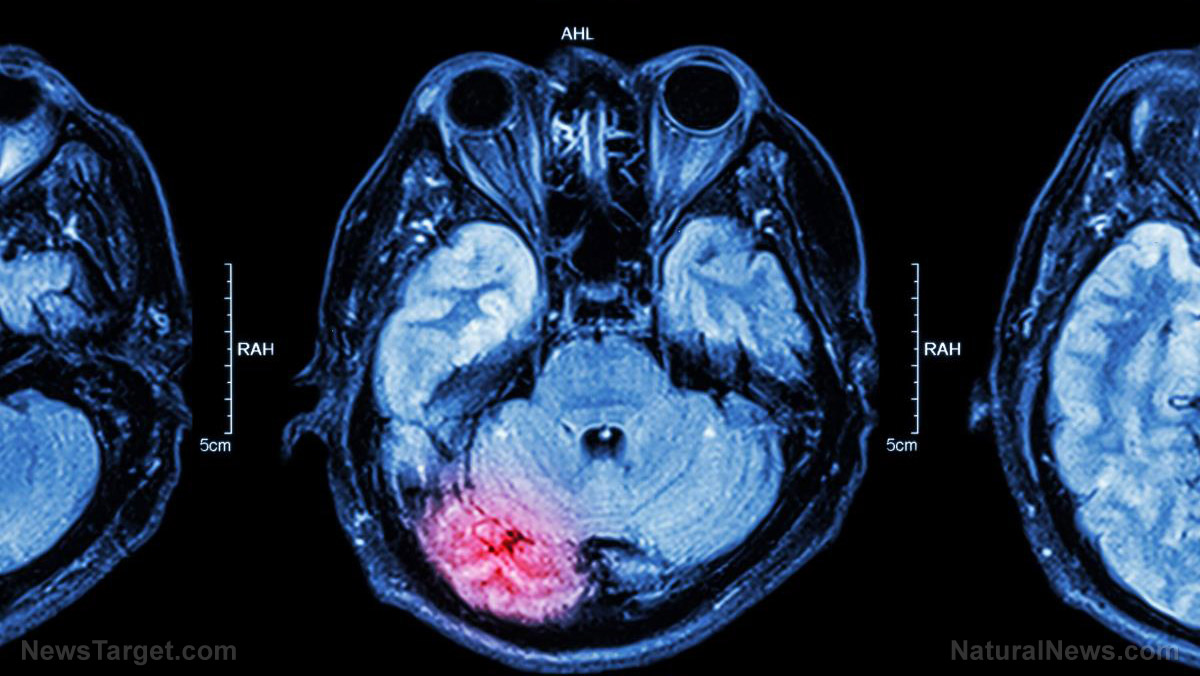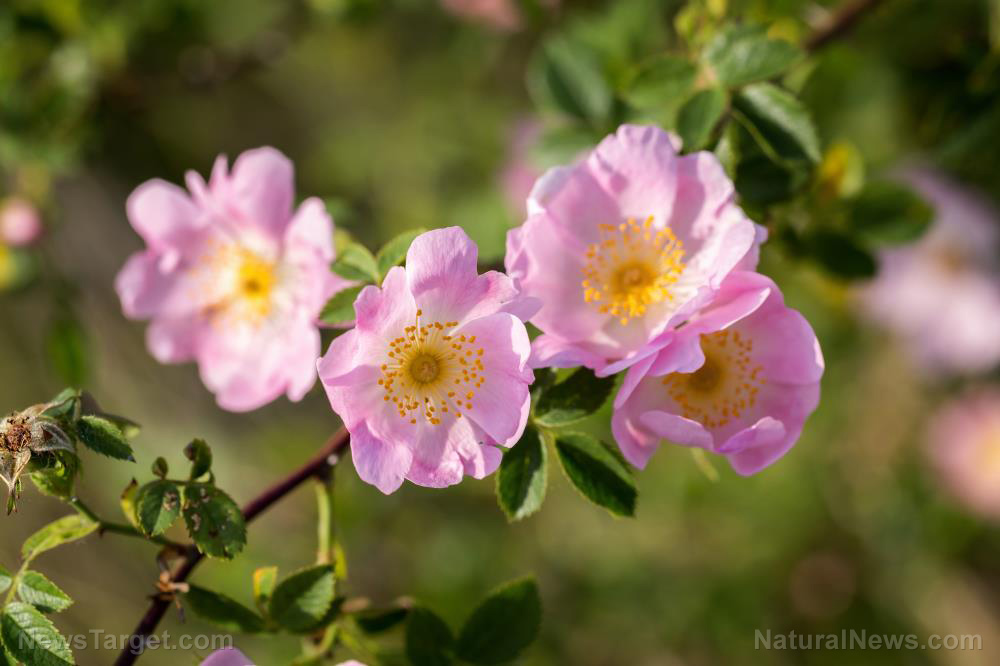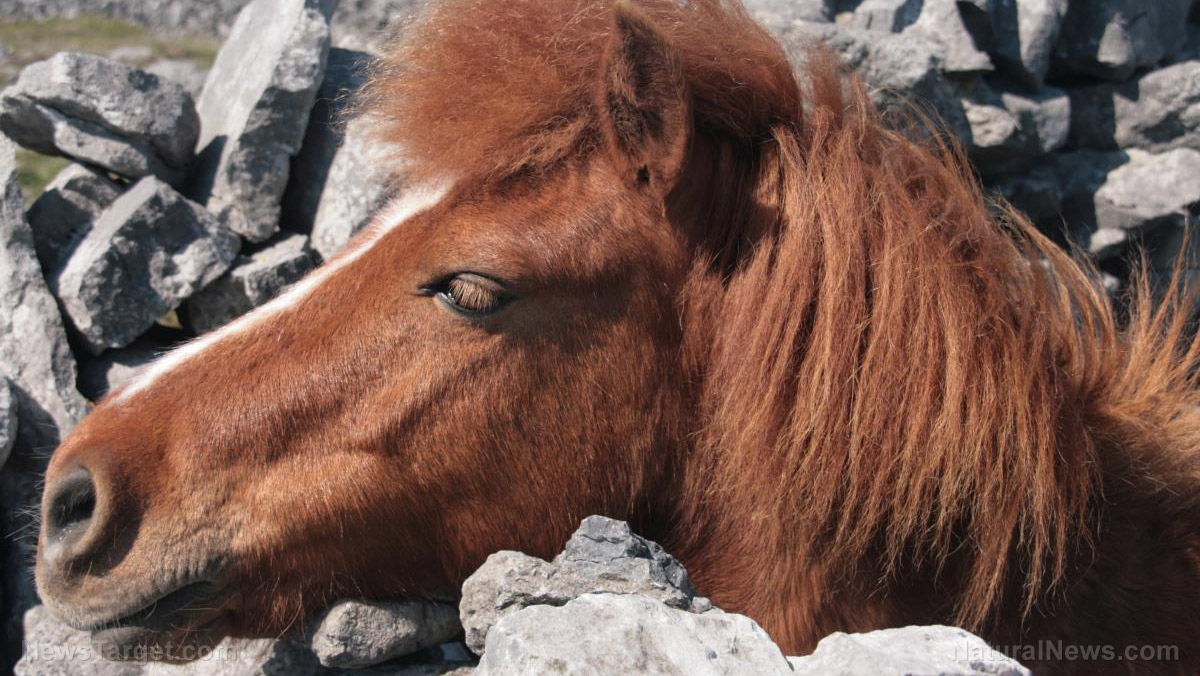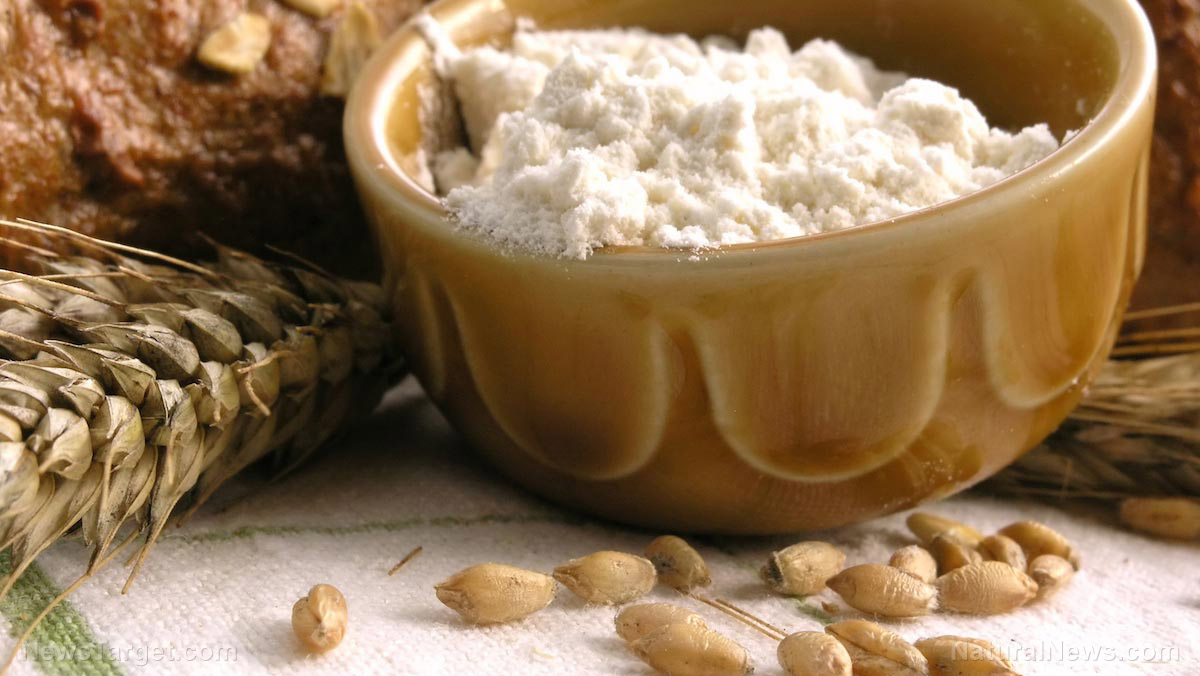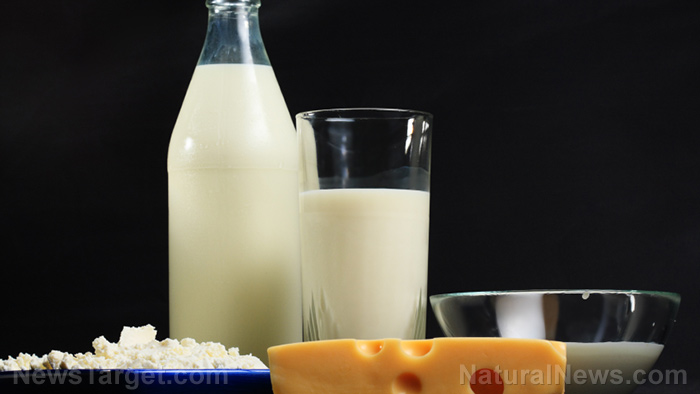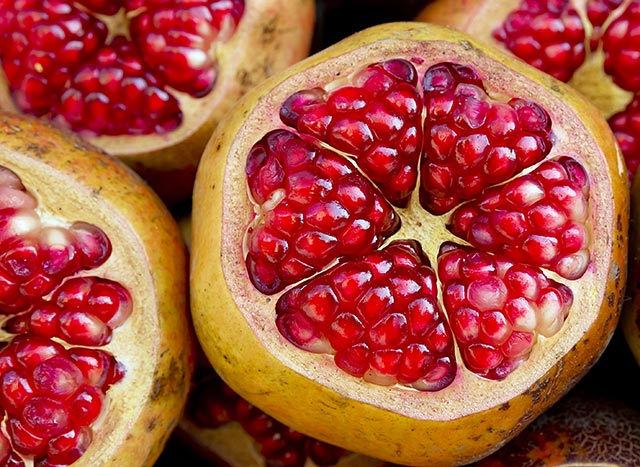This traditional Ayurvedic medicine is one of the more powerful natural anti-inflammatory remedies out there
01/28/2019 / By Ellaine Castillo
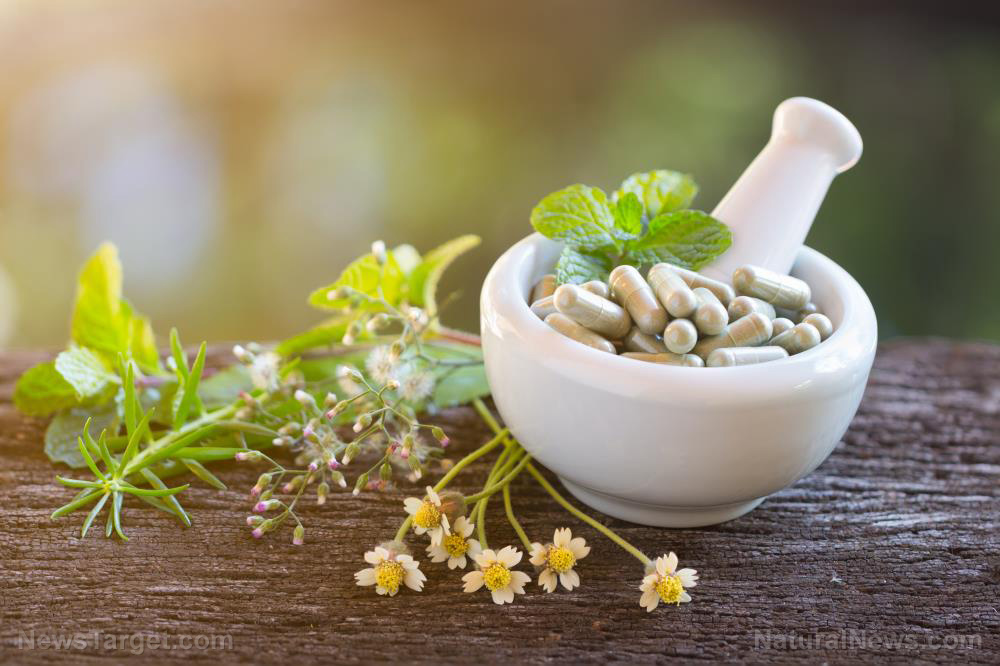
Many traditional medicines are now backed by scientific proof for their effectiveness, leading to more treatments that are not only effective but also safe. The Indian Gentian (Gentiana kurroo) is a commonly used plant in Ayurvedic medicine that researchers have experimentally proven to have anti-inflammatory activity. This finding, which was published in BMC Complementary and Alternative, was based on the different bioactive compounds and the bioactivity observed in methanolic extracts of the Indian Gentian.
The Indian Gentian is used traditionally for the treatment of different metabolic diseases. Previous analyses of the Indian Gentian have revealed that the plant is rich in bioactive substances such as flavonoids and glycosides. Flavonoids and glycosides are naturally occurring substances responsible for giving the plant vivid colors, as well as contributing health benefits. These benefits include potent antioxidant activity, which has been associated with modulating inflammation.
Inflammation is a common immune response to the presence of pathogens and cellular damage. Normally, it is beneficial and necessary for the body to heal. However, there are instances wherein inflammation is triggered even if it is no longer needed, causing harm to the body. This poses the need for anti-inflammatory and immunomodulatory substances that can reduce inflammation and regulate overactive immune response. Regulation of the immune response involves the inhibition of humoral and cell-mediated, as well as reduction of nitric oxide (NO), tumor necrosis factor-alpha (TNF-alpha), interleukin 6 (IL-6), and nuclear factor kappa light chain enhancer of activated B cells (NF-kappaB) levels. Unfortunately, the synthetic drugs available for these purposes exhibit adverse side effects, like inducing toxicity and other diseases. To resolve this problem, natural remedies are being explored.
Mother Nature's micronutrient secret: Organic Broccoli Sprout Capsules now available, delivering 280mg of high-density nutrition, including the extraordinary "sulforaphane" and "glucosinolate" nutrients found only in cruciferous healing foods. Every lot laboratory tested. See availability here.
In this study, the researchers made use of in vitro and in vivo models to determine the potential anti-inflammatory and immunomodulatory effects of the Indian Gentian. Male BALB/c mice were used as the model for the different in vivo experiments and as a source for the splenocytes used in in vitro studies.
Results of in vivo studies showed that methanolic extract of Indian Gentian is non-toxic up to a dosage of 2,000 mg/kg. Additionally, the production of antibodies and immune response were also inhibited. This could be brought about by the reduced production of chemicals that modulate the immune response, which was also observed in the study.
In addition to these experiments, liquid chromatography-tandem mass spectrometry (LC-ESI-MS/MS) was also performed to determine the bioactive compounds present in Indian Gentian extracts. The researchers observed many compounds but they were able to classify them into glycosides, alkaloids, and flavonoids.
From this study, it can be determined that the Indian Gentian has anti-inflammatory and immunomodulatory activities that are possibly caused by the presence of different bioactive compounds. This shows that the Indian Gentian can be further studied and developed into an effective and safe alternative for synthetic drugs that treat immune disorders. (Related: Natural immune modulators may provide a key to beating immune disorders.)
Other anti-inflammatory herbs
Aside from the Indian Gentian, there are other accessible herbs that have been proven to modulate inflammation, including:
- Turmeric – Turmeric contains a bioactive compound known as curcumin that causes its yellow color. Curcumin is a potent antioxidant that has been shown to have not just anti-inflammatory activity but also anti-cancer potential.
- Chili peppers – Capsaicin is the chemical that gives chili peppers its spicy taste but it also acts as an anti-inflammatory agent. It can be found in different varieties of chili pepper, such as jalapeno or cayenne.
- Black pepper – Even with its small size, black pepper has many health benefits. This is due to the presence of piperine, which also gives the black pepper its taste. Aside from having anti-inflammatory activity, piperine can also inhibit cancer metastasis and suppress pain.
Learn more about medicinal plants that have anti-inflammatory properties by visiting Herbs.news today.
Sources include:
Tagged Under: alkaloids, anti-inflammatory, Ayurveda, bioactive compounds, flavonoids, Gentiana kurroo Royle, gylcosides, herbal medicine, immune reaction, immune suppression, immune system, immunomodulator, immunomodulatory, Indian gentian, inflammation, traditional medicine


